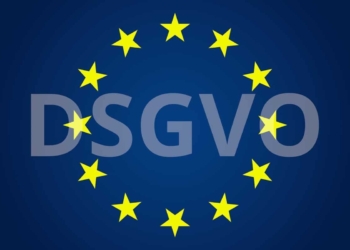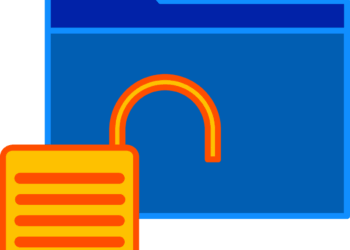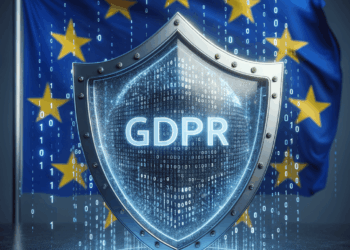No products in the cart.
Telecommunications Telemedia Data Protection Act (TTDSG)
Introduction The Telecommunications Telemedia Data Protection Act (TTDSG) is a German law that regulates data protection in the area of telecommunications and telemedia. It came ...





































